Related Research Articles

Hugo Ball was a German author, poet, and essentially the founder of the Dada movement in European art in Zürich in 1916. Among other accomplishments, he was a pioneer in the development of sound poetry.
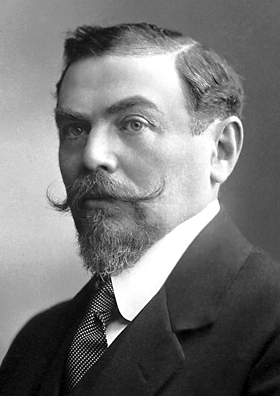
Alfred Hermann Fried was an Austrian Jewish pacifist, publicist, journalist, co-founder of the German peace movement, and winner of the Nobel Peace Prize in 1911. Fried was also a supporter of Esperanto. He is the author of an Esperanto textbook and an Esperanto-German and German-Esperanto dictionary, first published in 1903 and republished in 1905.

Werner Sombart was a German economist, historian and sociologist. Head of the "Youngest Historical School," he was one of the leading Continental European social scientists during the first quarter of the 20th century. The term late capitalism is accredited to him. The concept of creative destruction associated with capitalism is also of his coinage. His magnum opus was Der moderne Kapitalismus. It was published in three volumes from 1902 through 1927. In Kapitalismus he described four stages in the development of capitalism from its earliest iteration as it evolved out of feudalism, which he called proto-capitalism to early, high and, finally, late capitalism —Spätkapitalismus— in the post World War I period.
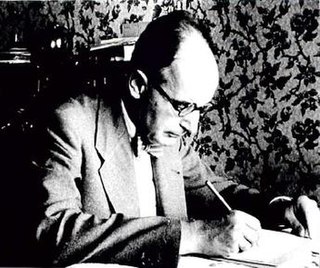
Kurt Grelling was a German logician and philosopher, member of the Berlin Circle.

Georg Friedrich Knapp was a German economist who in 1905 published The State Theory of Money, which founded the chartalist school of monetary economics, which argues that money's value derives from its issuance by an institutional form of government rather than spontaneously through relations of exchange.
Alfred Woltmann was a German art historian. He was born at Charlottenburg, studied at Berlin and Munich, and was appointed professor of art history successively at the Karlsruhe Polytechnicum (1868) and at the universities of Prague (1874) and Strasbourg (1878). Conjointly with the author he adapted the fifth volume of Schnaase's Geschichte der bildenden Künste for the second edition (1872), and with Karl Woermann began a Geschichte der Malerei (1878), completed after his death by his collaborator. Besides his principal work, Holbein und seine Zeit, he wrote:

Leopold Friedrich Günther von Goeckingk, also Göckingk was a Saxon-Prussian lyric poet, journalist, and royal Prussian official.
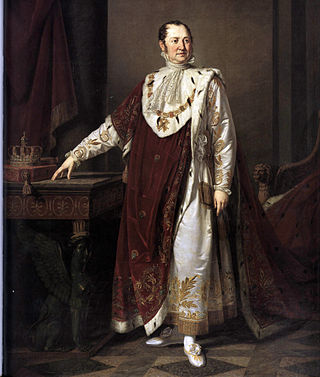
Moritz Kellerhoven was a German portrait painter and etcher.
Christian Ludolf Wienbarg was a German journalist and literary critic, one of the founders of the Young Germany movement during the Vormärz period.

Hermann Kauffmann also Herrmann Kauffmann was a German painter and lithographer, and one of the main representatives of the Hamburger Schule.
Richard Grelling was a German lawyer, writer and pacifist who wrote the international best selling book J'Accuse in World War I, publicly criticizing the actions of Germany for waging a war of aggression in Europe.
Kurt Heinrich Meyer or Kurt Otto Hans Meyer was a German chemist.
Ernst Friedrich Johann Dronke (1797–1849) was a German philologist and educator.
Hermann Keller was a German Protestant church musician and musicologist.

Hermann Ludwig Rudolph Duncker was a German Marxist politician, historian and social scientist. He was a lecturer for the workers' education movement, co-founder of the Communist Party of Germany, professor at the University of Rostock, and rector of East Germany's trade union academy.
Hermann Frischbier was a German schoolteacher as well as an author of works about East Prussian local history and culture.

Johann Günther Gensler was a German etcher, illustrator and painter; primarily of portraits. His known work consists of over 120 oil paintings and drawings.
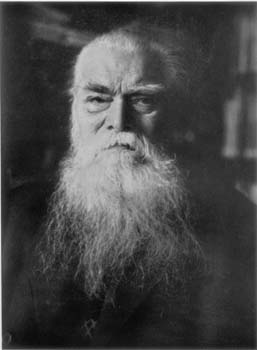
Karl Konrad Ferdinand Maria von Amira was a German jurist who served as Professor of Constitutional Law at the Ludwig Maximilian University of Munich. He was a known expert on early Germanic law.
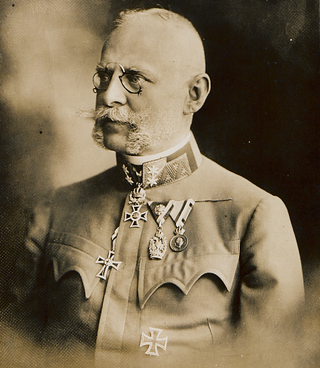
Alfred Krauss was an Austro-Hungarian officer, privy councilor, and the last-appointed General of the Infantry in the Austro-Hungarian Army. From 1920 Krauss was the leader of the National Association of German Officers in Vienna. In the last year of his life he was appointed a member of the Reichstag for the NSDAP and a brigade leader in the SA.

Christoph Heidmann was a German Philologist und Geographer.
References
- ↑ Fernau, Hermann (1916). Because I Am a German. London: Constable and Co. pp. 6.